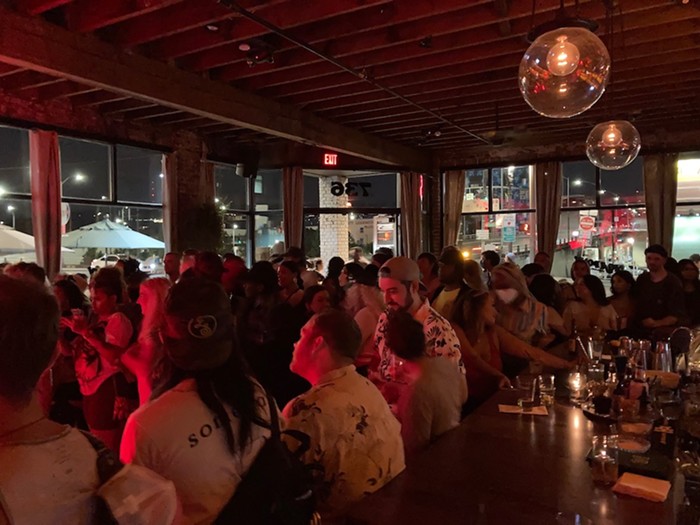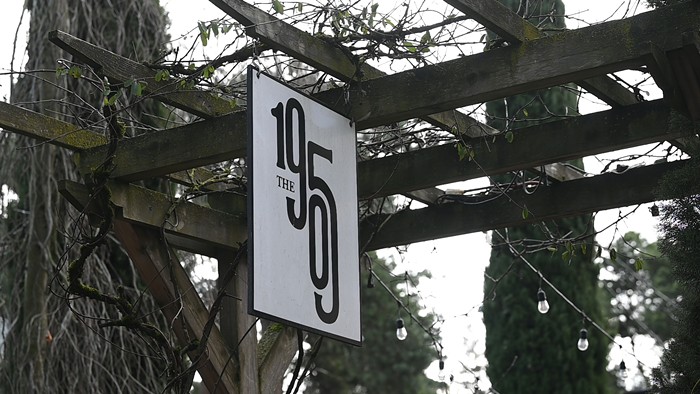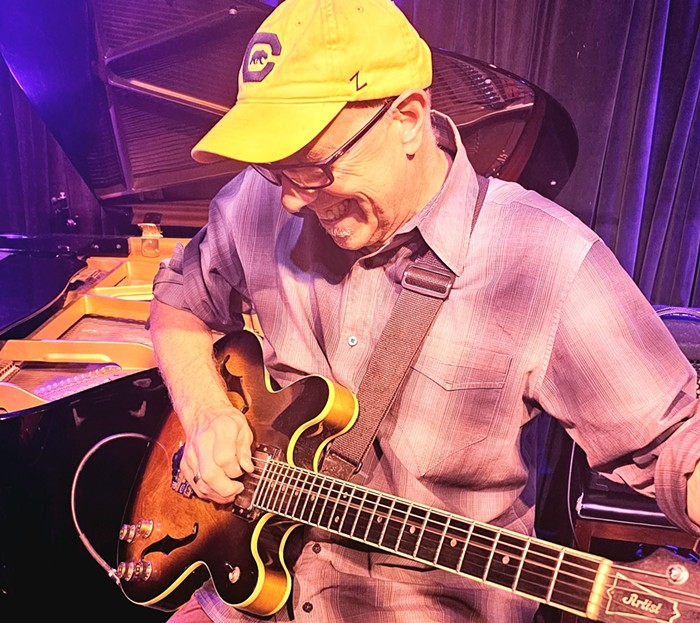
Earlier this year, beloved singer/songwriters Phoebe Bridgers and Bright Eyes frontman Conor Oberst shocked and delighted fans with the surprise release of Better Oblivion Community Center, the duo’s first collaborative LP.
The album is named after an imagined wellness center where residents are blindfolded, as depicted in the music video for “Dylan Thomas,” and they’re billing concerts on their nearly sold-out tour as Better Oblivion Community Center “meetings” where attendees will be invited “to celebrate the common path toward ultimate relaxation.” In an interview with NME, they say “Dylan Thomas” was inspired by a ludicrous right-wing conspiracy theory that Trump is a “maniacal super-genius.”
However, the album is never explicitly political; it plays like a series of character studies of how people are coping (or not coping) with the overwhelming amount of pain in the world today. Lyrics revolve around this moment in history’s particular strain of hopelessness, the desire to tune out the news and your own thoughts with white noise, and the resultant guilt for doing so (as captured in self-deprecating lines like “I’ve really never done anything for anyone” from the song “Didn’t Know What I Was in For,” which could’ve alternately been titled “I Didn’t Ask to Be Born”).
Even if the way they’re promoting the project is a little gimmicky, and even if it’s a little unclear what the point is, Better Oblivion Community Center is a solid album of confessional, emo-tinged folk-rock that finds Bridgers and Oberst harmonizing their despair and finding solidarity within the proverbial dumpster fire.



















